Overview of Current Trends in Japanese Video Game Stocks Following US Tariffs
- Video game stocks for prominent Japanese firms have taken a notable dip following President Trump’s recent tariff announcements.
- Sony experienced a stock decrease of 12.98% on the Tokyo Stock Exchange, while Nintendo’s shares fell by 8.11% in the same timeframe.
- Both companies are strategizing to modify their supply chains in order to alleviate the effects of these tariffs on upcoming products.
In light of the recent tariffs imposed by US President Donald Trump, significant stock declines have been reported among major Japanese video game companies such as Sony and Nintendo. The gaming sector has long been concerned about the repercussions of potential tariffs since the onset of Trump’s presidency, and the confirmed tariff measures are now beginning to manifest financial consequences.
Sony, which has been under particular strain, has seen its stock plummet significantly as a consequence of the US enacting a 24% reciprocal tariff against Japanese goods. Not only has this affected Sony, but it serves as a wake-up call for the entire gaming industry about the uncertain economic landscape. A prior assessment even predicted that under a potential 60% tariff on Chinese imports, the cost of the PS5 Pro could soar to approximately $1,000. Though recent legislation has capped China’s tariffs at a cumulative rate of 54%, comprising a 34% reciprocal tariff alongside an older 20% charge, investors are already reacting to these developments.
As of the latest reports, Sony’s stock has experienced a month-over-month decline of 12.98% on the Tokyo Stock Exchange. Meanwhile, Nintendo’s stocks have dipped by 8.11%. Both companies have maintained a positive trajectory over the past six months; however, noticeable downturns began in late March and early April 2025, coinciding with Trump’s announcement of the new tariff structure. Furthermore, Nintendo has delayed pre-orders for the Switch 2 in the U.S. to evaluate the potential impact of these tariffs.
Impact of Tariffs on Sony and Nintendo’s Stock Performance
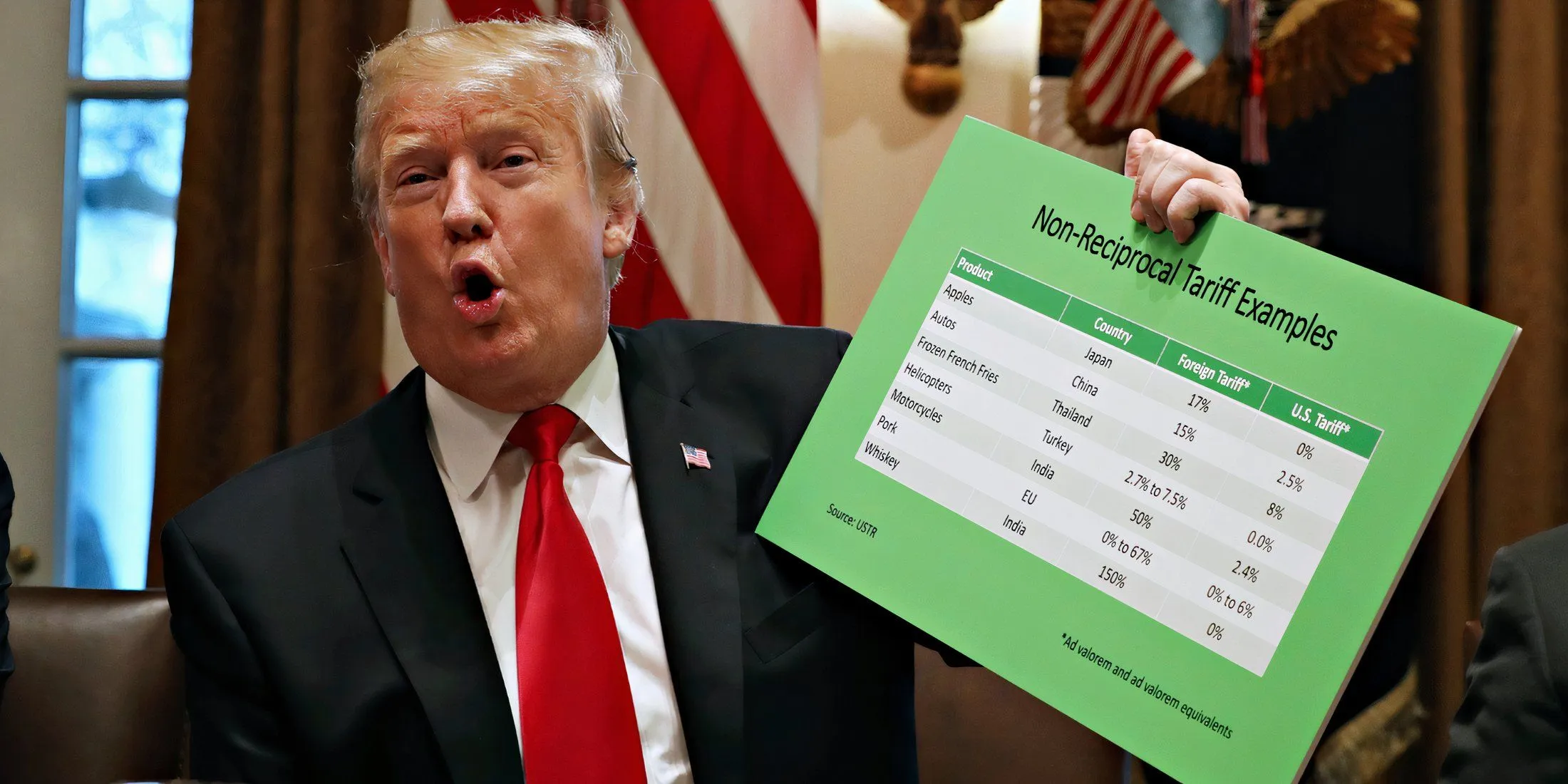
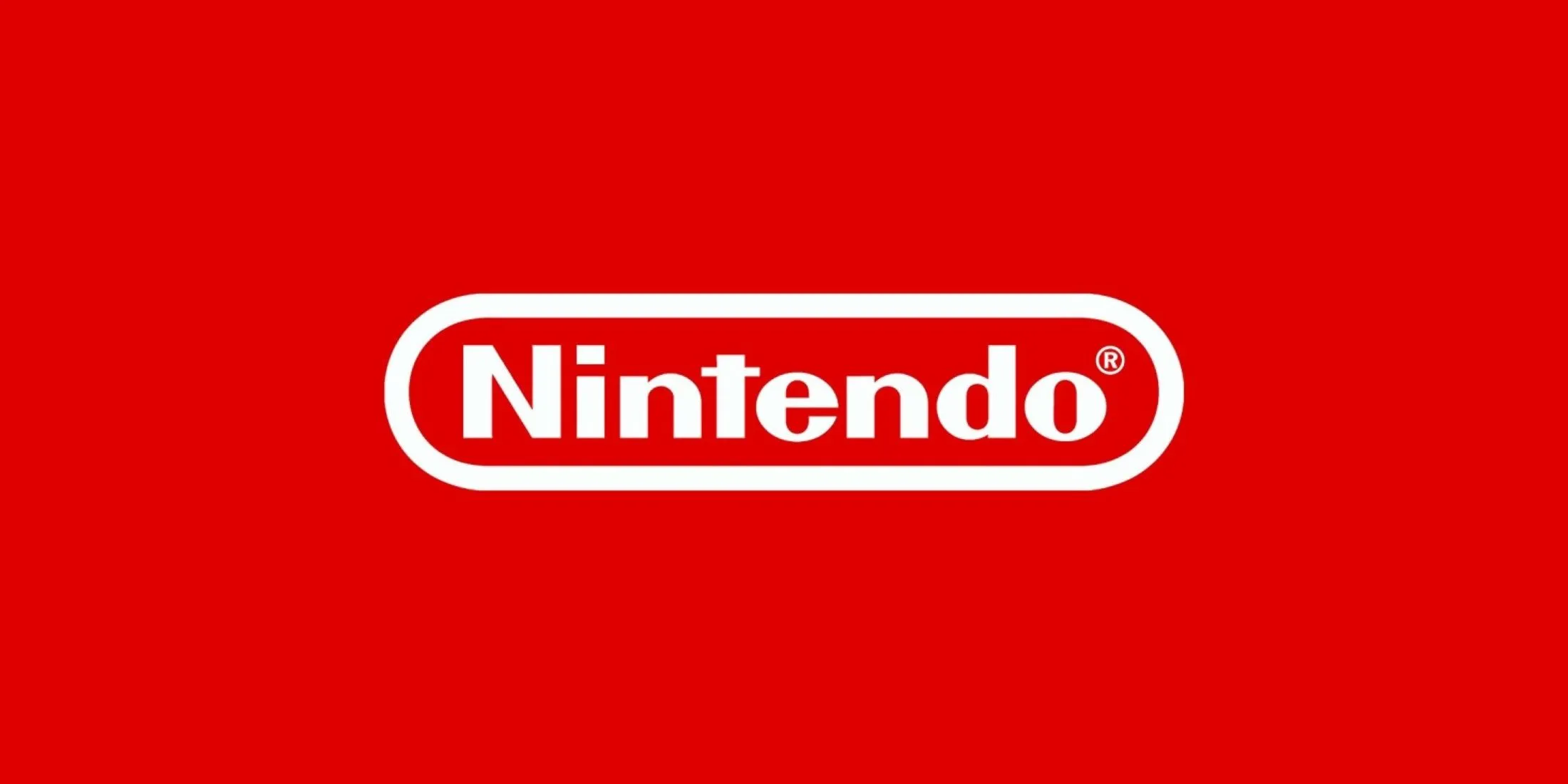
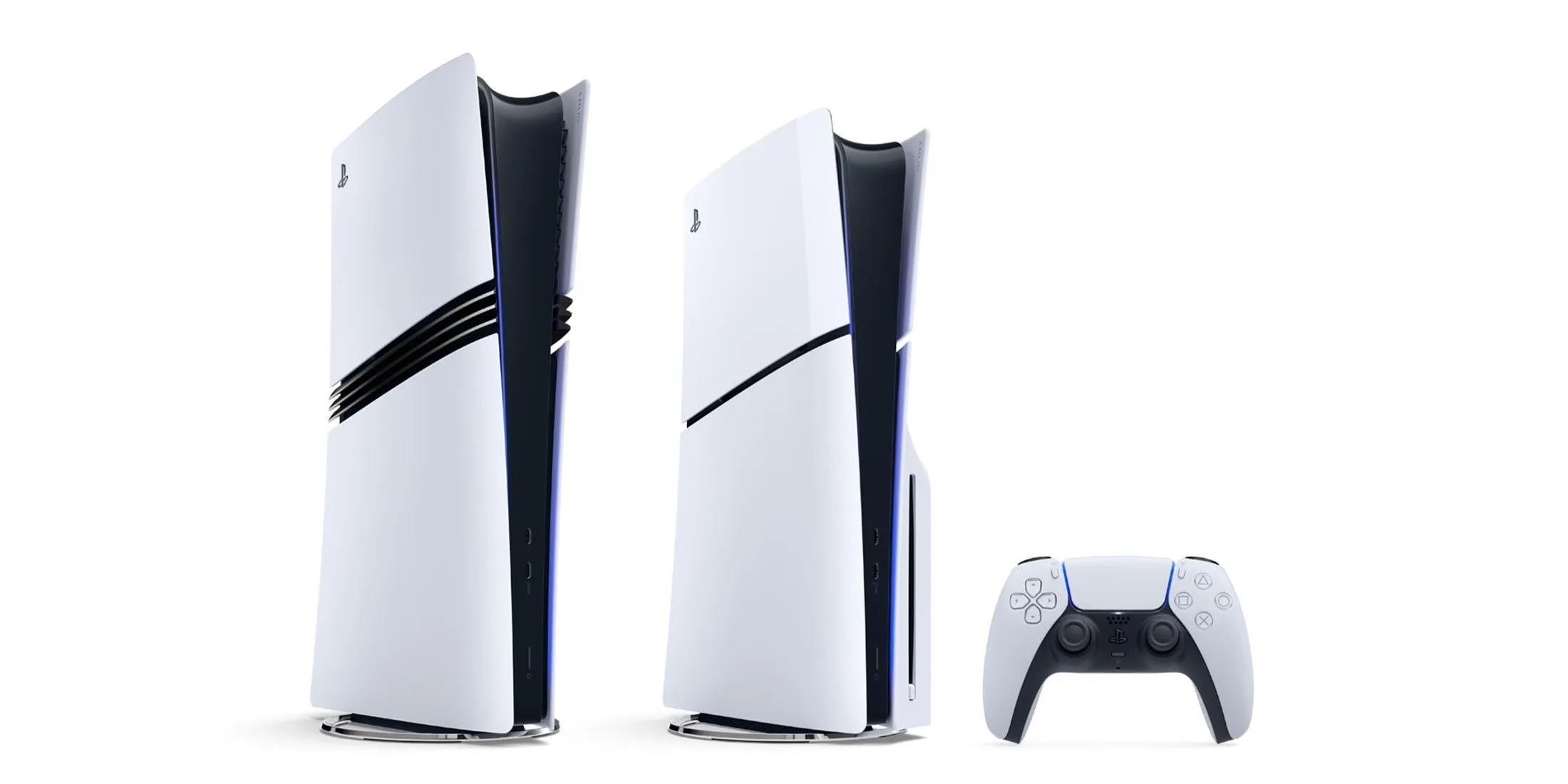
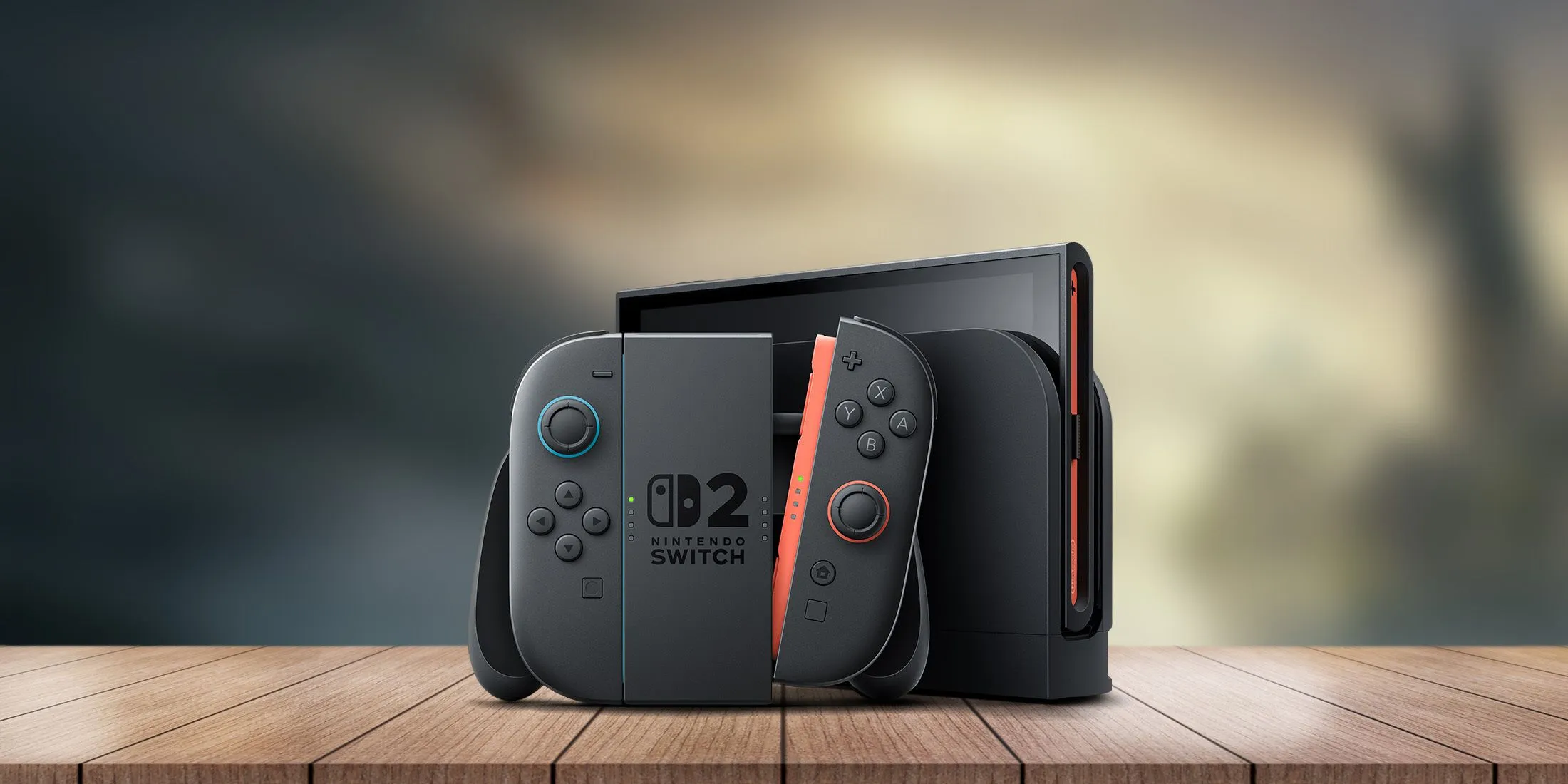
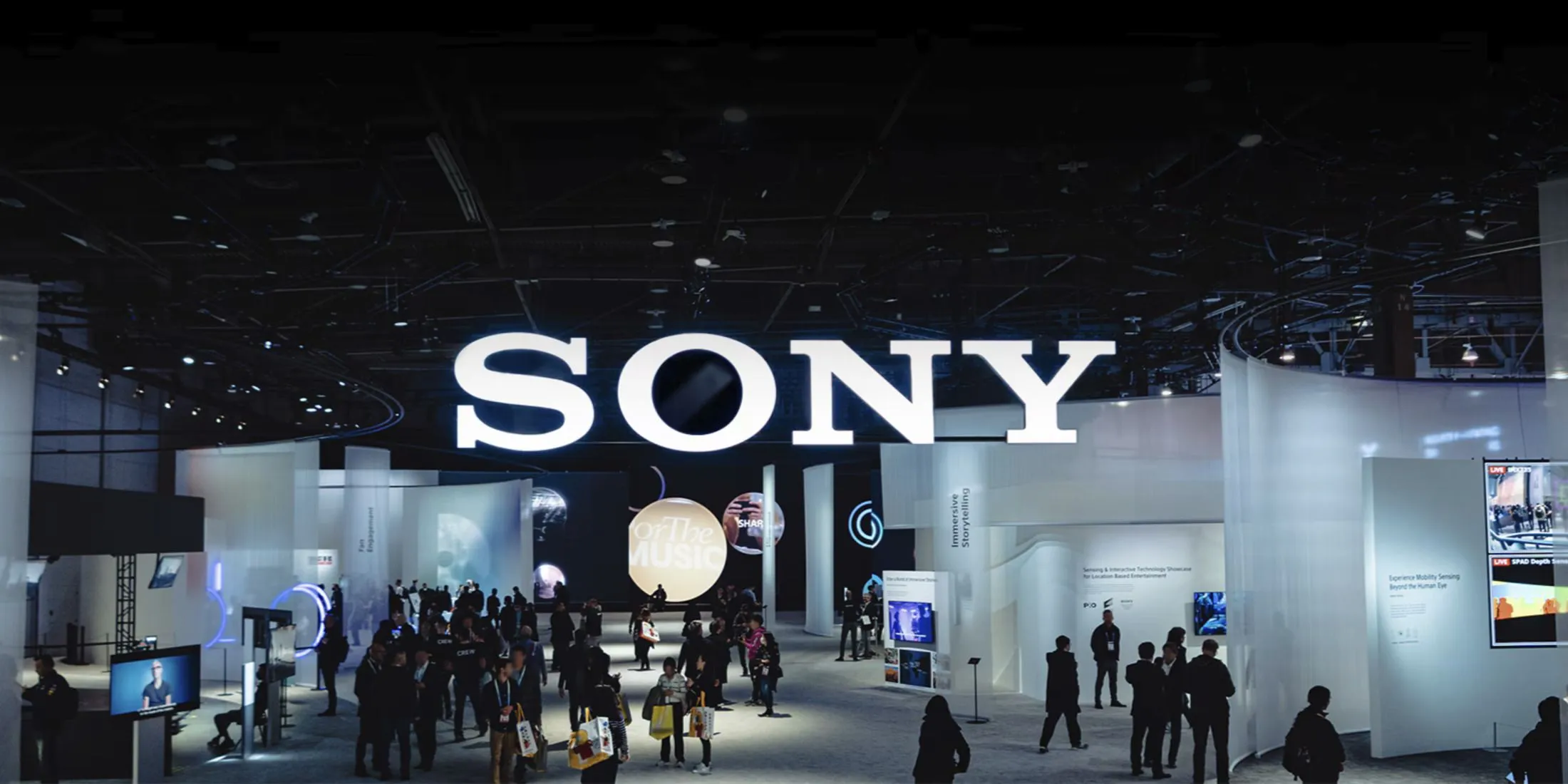
Earlier in 2025, Sony took steps to alleviate the immediate impacts of the tariffs by increasing its stock of PS5 consoles in the US. This proactive strategy might serve as a temporary measure to keep prices stable for gamers, despite potential future price hikes naturally occurring from the long-term tariff effects. While an increase in stock levels can shield against immediate price adjustments, the looming question remains about future console availability as current stock diminishes.
In a similar vein, Nintendo is optimistic about limiting the tariff effects on its upcoming Switch 2 launch. The company plans to adapt its production strategy by moving some manufacturing operations from China to Vietnam and Cambodia in efforts to dodge certain tariff costs. However, import duties for these new locations stand at 46% and 49%, which could undermine the effectiveness of this diversion. As the situation develops, it remains to be seen how these companies will navigate through this turbulent period in the Japanese gaming sector.


